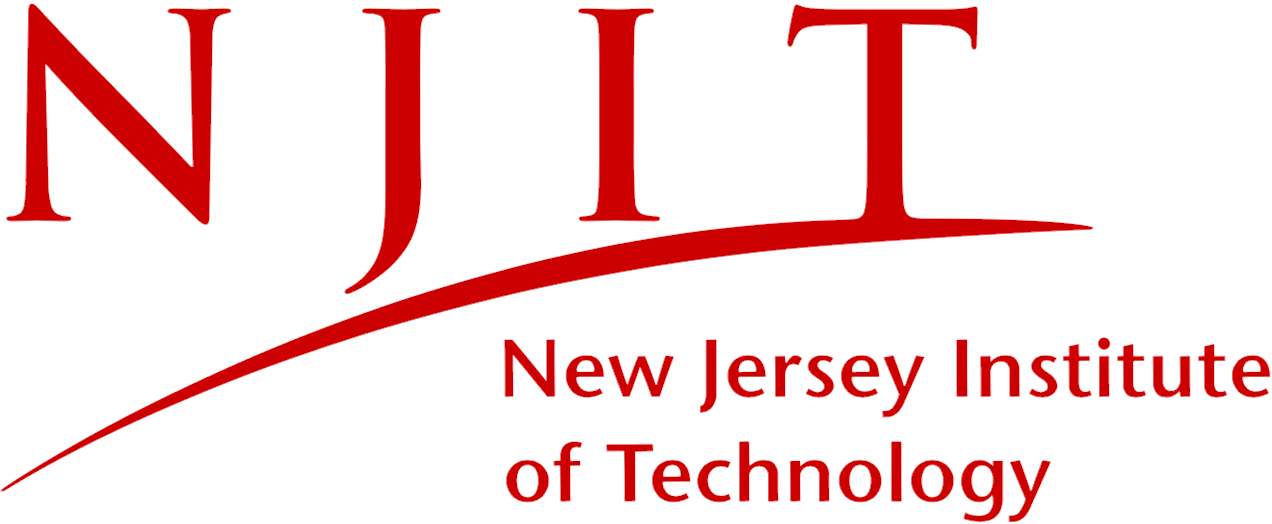The Data Boom Spurs New Demand For Data Scientists

Finance. Sports. Healthcare. Manufacturing. Travel. No matter where you look, it’s hard to find an arena that is not being revolutionized by the world of data science. Not only has the field seen a boom as big as any other in the past decade as data-driven decision-making became the norm across every industry, but it is only expected to get bigger in the years to come, and the stats back it up:
- Data scientist roles have grown over 650% since 2012. (Source: LinkedIn)
- Data scientists are currently in the top 20 fastest-growing occupations in the U.S. with 31% projected growth over the next 10 years, and about 11.5 million new jobs in the field by 2026. (Source: U.S. Bureau of Labor Statistics)
- In 2020, the number of jobs posted by tech companies for analysis skills — including machine learning, data science, data engineering, and visualization — surpassed traditional skills such as engineering for the second time in the last four years. (Source: Deloitte Insights)
In 2021, the field is still relatively young and the current demand for talent reflects that. A scroll through popular job boards illustrates why many universities continue to launch new data science degree programs — Indeed.com currently has more than 7,000 listings for data scientists. Glassdoor and LinkedIn have even more.
At New Jersey Institute of Technology (NJIT), new data science programs and initiatives have been rapidly developing over the past five years to keep up with surging demand at the heart of the U.S. metropolitan area (NYC-NJ) with the highest employment level in data and mathematical science occupations in the country.
“Data science is a fast-growing field, and the New York City metropolitan area has the greatest demand for data science professionals among the top 20 metro areas in the country,” NJIT’s Ying Wu College of Computing Dean Craig Gotsman noted. “In fact, the demand in the New York metro area is double that of runner-up San Francisco. … It is our duty to generate the tech talent to meet this need.”
The university has established its Institute for Data Science, New Jersey’s first M.S. in data science, as well as opened data science programs for students at NJIT’s Ying Wu College of Computing’s Jersey City campus location — striking a positive chord with some of the region’s top name-brand companies facing a shortage of talent.
Vadim Supitskiy, senior vice president for engineering at Forbes Media, headquartered in Jersey City, said, “Every major company today, including Forbes, uses as much data as it can to enhance its business. Data scientists are in short supply, and we’ve welcomed NJIT’s initiative to offer a data science program so close to us. It promises to be very popular.”

NJIT's Ray Cassetta Financial Literacy Lab provides students powerful analytical tools and opportunities to get certifications like Bloomberg Market Concepts.
NJIT's Ray Cassetta Financial Literacy Lab provides students powerful analytical tools and opportunities to get certifications like Bloomberg Market Concepts.

The view from NJIT's new location in Jersey City, New Jersey, which offers Data Science classes.
The view from NJIT's new location in Jersey City, New Jersey, which offers Data Science classes.
However, even as universities develop more data scientists to bridge the supply-demand gap, there may still be an unmet need for specialized data experts within the rapidly expanding field. For example, the average salary for a data scientist is about $96,000, while that of a machine learning engineer is about $113,000 (Source: PayScale).
“Companies are now seeking people with diverse skill sets for their data science units, and there are many points of entry into the field,” said Zoi-Heleni Michalopoulou, chair of NJIT’s Department of Mathematical Sciences. “In speaking with prospective employers, we found out that not only are they seeking advanced computing skills in our graduates, but other skill sets as well, such as those specifically in mathematics and analytical modeling for example. In fact, we learned some companies feel the need to offer in-house courses and workshops to train their employees to help them acquire these skills.”
As a result, it’s led to a new B.S. data science program debuting this fall at NJIT, designed with a focus on developing the chief architects of models used for collecting and interpreting big data — the statisticians. The statistics-track data science program, among the first of its kind in the region, offers a deeper concentration in classical and modern mathematical theory used to create everything from predictive models for disease detection, to those used for space weather forecasting.

“Statisticians are the experts in characterizing randomness and optimizing sampling, thus, developing optimal ways for data collection, meaningful interpretation of data, and model assessment,” explained Michalopoulou and her department colleagues. “As data sets gathered and analyzed by companies and organizations in every field become larger and larger, more sophisticated methods are necessary for extracting useful features and removing ‘noise’. Statisticians already have the tools and are constantly developing new ones to do just that.”
The new program is the latest in a trend toward concentrated data science training at NJIT, this year joining a B.S. computational-track data science degree program which focuses on AI and machine learning that is being offered by the university’s Ying Wu College of Computing.
“Many similar programs in the field are offered at a graduate level, but we are giving the opportunity to students to expose themselves to this rich field right from their undergraduate years. … These programs provide a foundation for graduates to pursue the directions of their choice.”
Michalopoulou also says the growth of such programs could soon become a part of the wider academic experience for all students at tech-focused universities like NJIT, as the data science boom continues and demands evolve in other fields that deal with data — whether it’s for risk management in business, government policymaking, or monitoring global changes in the environment.
“We expect at some point, that all students regardless of their discipline, could be required to take a course in data science as it relates to their field, and that a data science component will be incorporated in numerous courses,” said Michalopoulou. “This has already been true in engineering and health sciences with respect to incorporating statistics courses for some years, for example. Overall, I think we will see a greater emphasis for college graduates to have strong quantitative skills and appreciation of data.”
This content was paid for and created by the New Jersey Institute of Technology. The editorial staff of The Chronicle had no role in its preparation. Find out more about paid content.



